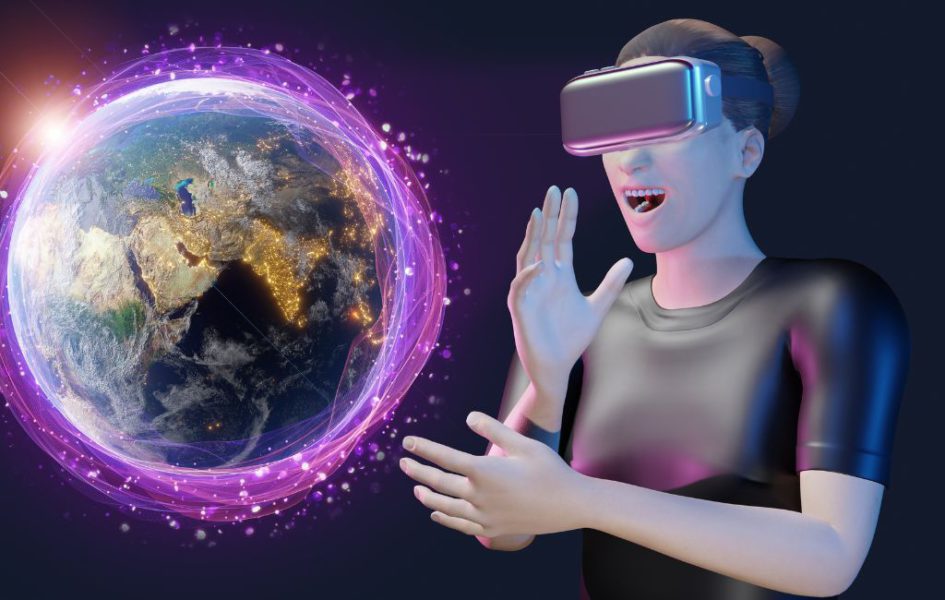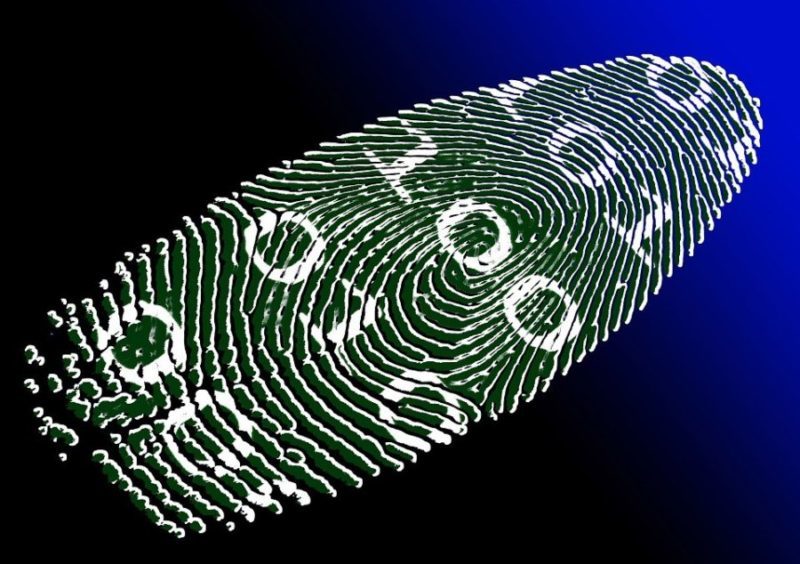Top 10 Tips For Designing A Successful Business Model For Your Metaverse Project
The Metaverse, a virtual shared space where users can interact with a computer-generated environment and other users, has become a focal point for innovation and business opportunities. Designing a robust business model for your Metaverse project is essential for its success. In this guide, we’ll explore key considerations and strategies to help you shape a sustainable and effective business model for your venture into the Metaverse.
Tips to design a business model for your Metaverse project
1. Define Your Metaverse Concept
Begin by clearly defining the concept of your Metaverse project. What kind of virtual environment are you creating? Is it a social space, a gaming platform, an educational hub, or a combination of these? Understanding your project’s core purpose will shape your business model.
2. Identify Revenue Streams
Determine the primary sources of revenue for your Metaverse project. Common revenue streams in the Metaverse include:
- Virtual Asset Sales: Sell digital assets, NFTs (Non-Fungible Tokens), or virtual real estate within the Metaverse.
- Subscription Models: Offer premium subscription plans for enhanced features or experiences.
- Advertisement and Sponsorship: Partner with brands for in-Metaverse advertising or sponsored events.
- Transaction Fees: Charge fees for virtual transactions or financial activities within the Metaverse.
- Licensing and Partnerships: Explore licensing agreements and partnerships with other Metaverse projects or real-world brands.
3. User Acquisition and Retention Strategies
Develop strategies for acquiring and retaining users. Consider offering incentives for early adopters, providing a seamless onboarding experience, and implementing engagement features that encourage users to stay active within the Metaverse.
4. Invest in Technology Infrastructure
The success of your Metaverse project relies heavily on a robust technological infrastructure. Ensure that your platform can handle a large user base, deliver high-quality experiences, and accommodate future scalability.
5. Community Building and Engagement
Cultivate a strong community around your Metaverse project. Implement features that encourage social interaction, collaboration, and user-generated content. A vibrant and engaged community can contribute significantly to the success of your project.
6. Blockchain Integration and Tokenomics
Explore the integration of blockchain technology and develop a comprehensive tokenomics model. Consider creating a native utility token for your Metaverse, enabling users to participate in the virtual economy, own virtual assets, and engage in decentralized governance.
7. User Privacy and Security
Prioritize user privacy and security. Implement robust data protection measures, adhere to privacy regulations, and communicate transparently with users about how their data is handled within the Metaverse.
8. Regulatory Compliance
Stay informed about regulatory developments related to virtual economies and digital assets. Ensure that your Metaverse project complies with relevant laws and regulations, addressing potential legal challenges proactively.
9. Iterative Development and User Feedback
Embrace an iterative development process based on user feedback. Regularly update and enhance your Metaverse project to meet user expectations, address issues, and introduce new features that align with user preferences.
10. Monetizing Virtual Experiences
Explore innovative ways to monetize virtual experiences within your Metaverse. This could include hosting virtual events, offering virtual goods and services, or creating unique in-Metaverse experiences that users are willing to pay for.
Also, read – Top 10 Ways Project Management Is Easier With Metaverse

Whenever I look at a gaming coin for the bull run, one question I ask myself is:
What’s the craziest narrative, that people who understand nothing about gaming, will end up believing about this project?
In 2021 everyone convinced themselves that a Ready Player One metaverse was…
— sparkc | WolvesDAO (@sparkcsays) November 16, 2023
Conclusion
Designing a business model for your Metaverse project requires a holistic approach that considers user engagement, revenue streams, technological infrastructure, and regulatory compliance. By carefully defining your project concept, identifying revenue sources, and fostering a vibrant community, you can lay the foundation for a successful venture in the ever-expanding Metaverse. As technology continues to evolve and user preferences shift, remaining agile and responsive to the needs of your Metaverse community will be key to long-term success.
FAQs about the Metaverse Project
-
What is a metaverse project?
A metaverse project refers to a virtual universe or digital space that combines aspects of augmented reality (AR), virtual reality (VR), social interaction, and immersive experiences. These projects aim to create expansive, interconnected digital worlds where users can engage, interact, and even build their own environments. Metaverse projects often leverage blockchain technology for asset ownership, enabling users to buy, sell, and trade virtual items.
-
What is the most popular metaverse project?
As of my last knowledge update in January 2022, “Decentraland” is one of the most popular metaverse projects. Decentraland is a blockchain-based virtual world where users can buy, sell, and develop virtual real estate. It operates on the Ethereum blockchain and allows users to create, explore, and monetize their virtual experiences.
-
What is a metaverse example?
An example of a metaverse is “Roblox.” Roblox is a user-generated gaming platform that serves as a metaverse where players can not only engage in various games but also create their own games using the platform’s development tools. It emphasizes user-generated content, social interaction, and a virtual economy within the digital realm.
-
What is the metaverse?
The metaverse is a collective virtual shared space that encompasses the entire digital universe, including virtual and augmented reality environments, the internet, and other digital spaces. It goes beyond traditional online experiences, offering immersive, interactive, and interconnected virtual worlds where users can engage with each other, create content, and even establish their virtual economies. The concept of the metaverse envisions a seamless, persistent digital space that integrates various aspects of our digital lives.
Stay informed with daily updates from Blockchain Magazine on Google News. Click here to follow us and mark as favorite: [Blockchain Magazine on Google News].
Get Blockchain Insights In Inbox
Stay ahead of the curve with expert analysis and market updates.
latest from tech
Disclaimer: Any post shared by a third-party agency are sponsored and Blockchain Magazine has no views on any such posts. The views and opinions expressed in this post are those of the clients and do not necessarily reflect the official policy or position of Blockchain Magazine. The information provided in this post is for informational purposes only and should not be considered as financial, investment, or professional advice. Blockchain Magazine does not endorse or promote any specific products, services, or companies mentioned in this posts. Readers are encouraged to conduct their own research and consult with a qualified professional before making any financial decisions.

 Bitcoin
Bitcoin  Ethereum
Ethereum  Tether
Tether  XRP
XRP  Solana
Solana  Dogecoin
Dogecoin  USDC
USDC  Lido Staked Ether
Lido Staked Ether  Cardano
Cardano  TRON
TRON  Avalanche
Avalanche  Chainlink
Chainlink  Toncoin
Toncoin  Wrapped stETH
Wrapped stETH  Shiba Inu
Shiba Inu  Wrapped Bitcoin
Wrapped Bitcoin  Sui
Sui  Stellar
Stellar  Polkadot
Polkadot  Hyperliquid
Hyperliquid  Hedera
Hedera  WETH
WETH  Bitcoin Cash
Bitcoin Cash  LEO Token
LEO Token  Uniswap
Uniswap  Litecoin
Litecoin  Pepe
Pepe  Wrapped eETH
Wrapped eETH  NEAR Protocol
NEAR Protocol  Ethena USDe
Ethena USDe  USDS
USDS  Aptos
Aptos  Internet Computer
Internet Computer  Aave
Aave  Cronos
Cronos  POL (ex-MATIC)
POL (ex-MATIC)  Mantle
Mantle  Ethereum Classic
Ethereum Classic  Render
Render  Monero
Monero  WhiteBIT Coin
WhiteBIT Coin  MANTRA
MANTRA  Dai
Dai  Bittensor
Bittensor  Artificial Superintelligence Alliance
Artificial Superintelligence Alliance  Arbitrum
Arbitrum  Ethena
Ethena 




